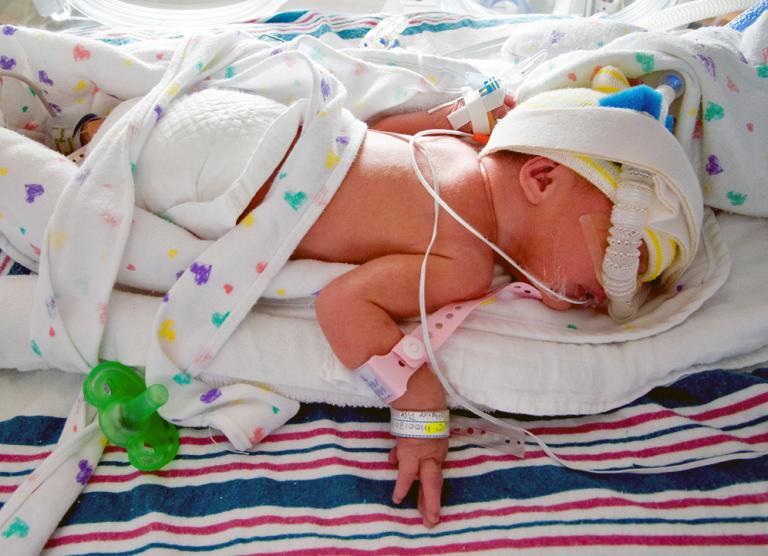
So when someone like Northam makes a statement like this, do they do so because they’re simply uninformed? That’s the benefit-of-the-doubt-iest explanation. But I am having a hard time with this explanation when Northam goes so far as to say this is universally true. Even Planned Parenthood didn’t make that claim but was snakier about it, saying late-term abortions “often” are due to serious health risks or severe fetal abnormalities:
Abortions later in pregnancy are rare. They often result from a diagnosis of severe fetal abnormalities, or serious risks to a pregnant person’s health. This woman’s story shows how painful these situations can be: https://t.co/vemE8vAo8D 3/
— Planned Parenthood Action (@PPact) January 31, 2019
Yes, abortions later in pregnancy are rare, relative to all abortions. But here’s an observation from Ramesh Ponnuru:
The Alan Guttmacher Institute’s most recent estimate for the number of abortions annually was 926,000, and its most recent estimate of the percentage of abortions performed after the twentieth week was 1.3 percent. That works out to about 12,000 late-term abortions. The FBI’s most recent estimate of annual gun homicides was 10,982.
Abortion rights supporters also like to make the argument that defining the level of severity necessary to permit late-term abortion, or requiring multiple doctors’ certification, place unnecessary hardship on women and/or show a lack of “trust” in women’s decision-making.
But consider for a minute the core claim that is being made. It goes like this:
Of course we don’t believe that a fetus so close to birth as to be unmistakably human, who would survive if born and given medical treatment for prematurity, should be killed willy-nilly. But in order to ensure women in these dire situations need not experience unnecessary hardship, we cannot place any legal restrictions on the procedure.
And consider, again, that claim that we must “trust women.” The entire reason why we have a criminal code in the first place is because we cannot simply “trust” people not to commit crimes. We criminalize murder. Theft. Rape. Insider trading. The buying and selling of heroin, meth, and other illegal drugs.
The only way this makes sense is if one believes that perfectly healthy unborn babies of perfectly healthy mothers, however close to full-term, must be sacrificed and cannot be granted legal protection, for the sake of women in these “hard cases” — or out of a general principle. And the only way this makes sense is if, in the end, one believes that those babies are expendable.
But wait, you say – can’t these folks be reasoned with, by pointing out that it makes no sense to view a late-term unborn baby as having less moral worth, less “personhood” than a newborn?
I don’t think so. I think in the end, if you believe in the claims we’re hearing Democrats make, you are probably also pretty OK with euthanasia.
So that’s where we are. It’s a divide that’s far greater than “why should women have their lives disrupted for a clump of cells?”











